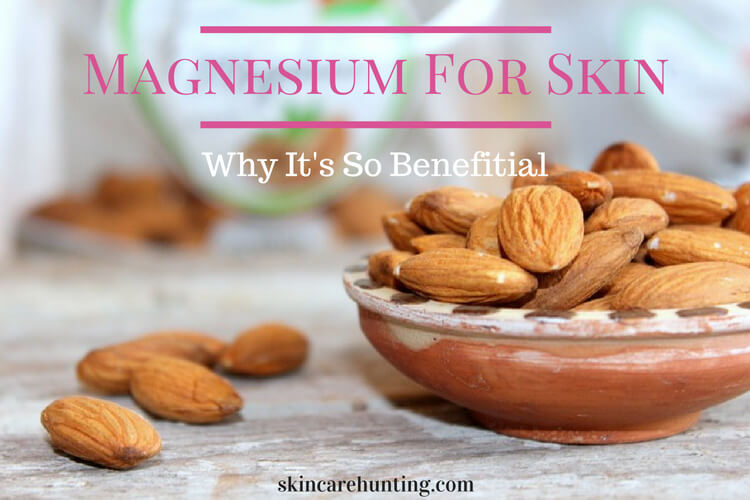
Magnesium For Skin – Why It’s So Beneficial
Increasing your intake of magnesium for skin health purposes (and of course body health purposes too) can be a lot more beneficial than you probably realise. Magnesium probably isn’t the first thing you’d think about when considering important vitamins and minerals for skin health because the likes of vitamin C, vitamin E, Zinc etc pretty much steal the limelight but the importance of magnesium shouldn’t be underestimated.
Magnesium is essential for over 300 reactions throughout the body and contributes towards digestive health, heart health, bone and muscle health as well as numerous others. Amazingly it’s estimated that in America alone, almost 75% – 80% of the population is deficient in magnesium and a deficiency in this important nutrient can cause all sorts of issues including many skin issues too.
What Can Magnesium Help With
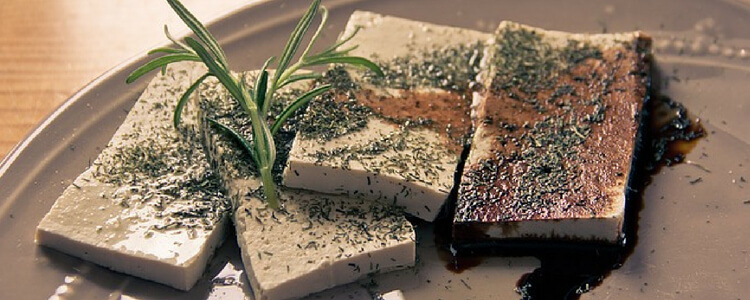
There’s a long list of benefits when it comes to magnesium but the three that always spring to mind are alleviating migraines and headaches, alleviating muscle cramps and helping to improve mood-related issues such as stress, depression or anxiety. Magnesium actually helps synthesize serotonin (the happy hormone) and this, in turn, lowers cortisol levels (the stress hormone) both of which have a huge impact on our mood (and our skin in the process).
Magnesium is actually considered as a relaxing mineral because of it’s calming properties and its ability to synthesize the happy hormone makes this one of the reasons why it’s often recommended for mood-related issues. It’s also suggested that a deficiency in magnesium may be the underlying cause of some of these issues in the first place.
Another reason why it’s often recommended for mood issues is that stress and anxiety often cause your existing magnesium levels to drop even further. This ends up making you feel even worse and makes the necessity to increase it all the more important.
What Else Can Magnesium Do
To be honest, it’s a wonder our bodies even work at all if we have any kind of deficiency in it because so many areas need it to perform correctly. Magnesium is needed for energy and stamina as well as playing a vital role in weight management. It’s essential for bones development, it balances glucose levels and it regulates the nervous system. It’s also important for cardiovascular health and can help avoid the build-up of cholesterol.
Our muscles need it to contract and relax correctly hence why it’s often associated with cramping issues. We need it to synthesize protein (think about collagen here), it helps to keep our hormones balanced and it also helps to alleviate PMS symptoms. There are many other things that magnesium contributes too but as we’re talking about its effect on skin, I’ll move swiftly on because otherwise, we could be here all day as the list is that extensive.
The Link Between Magnesium And Skin Health

Because magnesium is connected to so many different functions in the body, it’s not hard to see why it could have an impact on our skin’s appearance. When you think about some of the things it can help improve, many of them are related in some way to how our skin looks. For example, stress, anxiety or depression are huge factors when it comes to the appearance of our skin and stress, in particular, is known to cause skin aging.
Our gut health is another, in fact, our digestive health, in particular, can be the underlying reason for all sorts of skin related issues so keeping it healthy and functioning correctly can have a huge impact on our overall skin condition. Magnesium is also said to help regulate vitamin D which is essential for healthy skin and if you consider the impact that unbalanced hormones can have on the skin, the link begins to appear quite obvious.
The Ways Magnesium May Affect Skin
Many skin issues are often suspected to be linked with a magnesium deficiency and even dry skin and loss of elasticity have been linked with it. A magnesium deficiency is said to reduce the level of fatty acids that are on the skin. This, in turn, is said to reduce not only the moisture level which results in dryer skin but also the elasticity which results in sagging skin.
As well as its importance in the synthesis of protein, magnesium is also vital for the enzymes that control cellular repair and replication. These help to protect the skin against free radical damage which is another leading cause of premature skin aging. It’s also a potent anti-inflammatory which makes it effective for alleviating inflammatory skin conditions such as rosacea and acne.
Magnesium And Acne Treatment

There’s a huge link between magnesium (and zinc while we’re on the subject) and the treatment of acne because many of the underlying issues that cause acne can be improved with magnesium intake. Gut health and hormonal issues are common acne culprits but then there’s also the link between stress and acne. The stress hormone cortisol, in particular, is said to wreak havoc on the skin because as well as accelerating skin aging, it can also cause acne or make existing acne worse.
High levels of cortisol are said to trigger the skin’s sebaceous glands to produce more sebum which in turn causes more blocked pores which then results in more acne. As well as being able to help reduce cortisol levels, magnesium also helps inhibit excessive inflammatory proteins that cause further inflammation to the skin when it’s injured or under attack from things such as acne-causing bacteria.
Foods Rich In Magnesium
If you’re looking to increase your magnesium intake then eating more magnesium-rich foods is always the best option. You can take a magnesium supplement but side effects may include diarrhea because it can have a laxative effect and sometimes nausea too so it’s always best to check with your doctor first especially for dosage advice. You can consume it in your diet with some of the following magnesium-rich foods.
- Nuts like almonds, cashews and brazil nuts
- Leafy greens like spinach and kale
- Legumes like black beans, lentils, and chickpeas
- Avocado
- Tofu
- Figs
- Seeds like pumpkin, flax, and chia
- Fatty fish like salmon, mackerel, and halibut
- Dark chocolate (at least 75% or better yet raw cacao)
The Importance Of Vitamins And Minerals For Skin
A deficiency in certain vitamins and minerals can have a huge effect on your overall skin health as well as your body health and if things aren’t functioning well under the surface than the signs will often show up externally on your skin. So as well as taking care of your skin with topical applications, slight adjustments to your diet could well yield more skin improvements than you could have imagined.
Have you tried including more skin benefiting vitamins and mineral in your diet? What did you try and what effect did it have on your skin? Please feel free to share your experiences in the comments below.



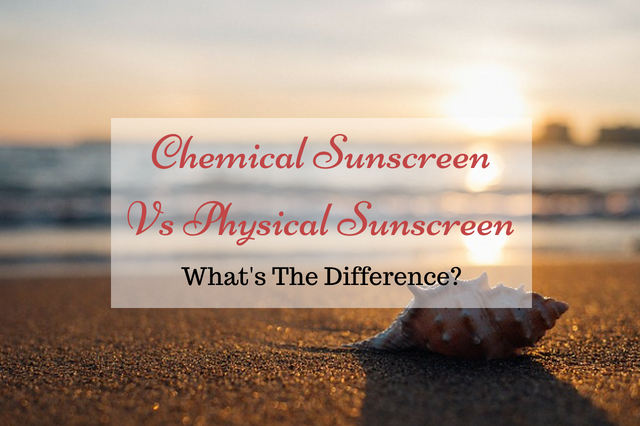
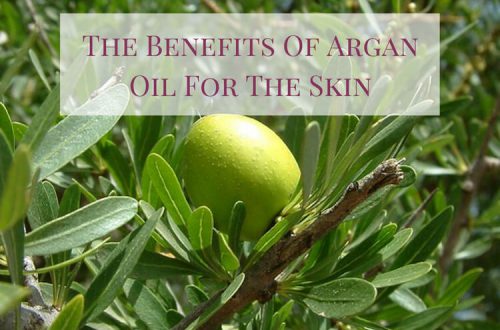
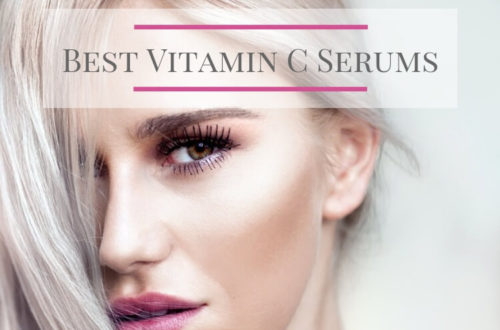
2 Comments
Kai
Hi! Thank you for sharing about magnesium! Wow, I didn’t know this mineral is so important to our body.
I have been battling with acne for a long time. I have tried a lot of topical products, and none seem to work. I have also tried taking zinc supplements, omega-3, pumpkin seeds, and vitamins. But they don’t seem to work as well.
I will definitely give magnesium a try. Thanks for the info!
Jessie
Hi Kai
I’m glad you found it useful. I was going to say Zinc as well but you mentioned you’ve already tried that. Definitely give the magnesium a try as well but watch out for side effects if you go down the supplement route. It can make you feel quite nauseous or worse still, cause diarrhea but if you do decide to use them, make sure you take them with food (you’ll definitely feel nauseous if you take them on an empty stomach).